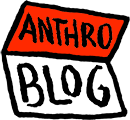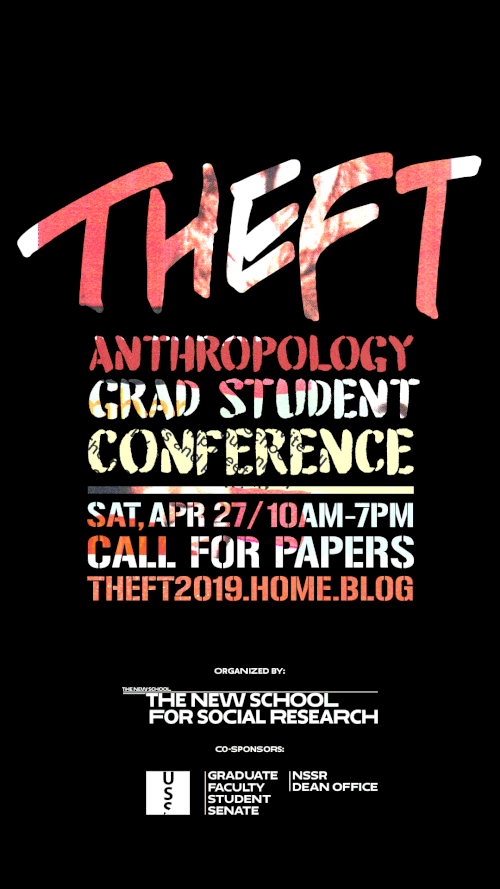Date:
April 27, 2019
10:00 am – 7:00 pm
We live in a world where nine countries have the power to steal time, resources, health and even life from anyone else at the push of a button, as Nobel Laureate Beatrice Fihn stresses in her advocacy against nuclear weapons. Ongoing human and environmental exposure to radiation robs communities of a “right to a future.” If futures can be stolen, what other material or figurative objects emerge as takeable or desirable? By whom and through what means? At what moment?
This April, we invite scholars, activists and artists to parse out the materialities of dis/possession, the sensibilities of imperial justice, and the embodied and entangled cartographies of violence and insurgency with the following provocation: what is Theft?
As an analytic lens, Theft calls into question concepts such as sovereignty, subjecthood, and justice. We can identify theftual relations in the placement of objects in museums; the process of gentrification; the trafficking of bodies; the fast-fashion industry; moments when cultural appreciation becomes cultural appropriation; and debates surrounding copyright infringement. How does theftuality change through time? Does retrospectively identifying the object as stolen challenge the legitimacy of its current ownership? What does theft do? Is compensating for past thefts possible? What are appropriate uses of the public domain, or the digital commons?How does technology make us capable of subversions while rendering us vulnerable to new and increasingly elusive forms of theft? How can an “anthropology of subterfuges” address these ubiquitous hidden spaces of theft?
Recognizing theftuality as the center of such inquiries allows us to put the efforts of scholars, artists and activists working to tackle these diverse issues in dialogue. We invite as broad a spectrum of participants as possible to enrich the questions we ask about the ever-present state of dispossession that we find ourselves in.

